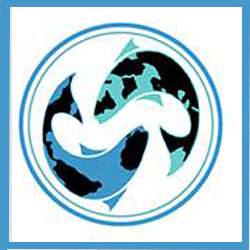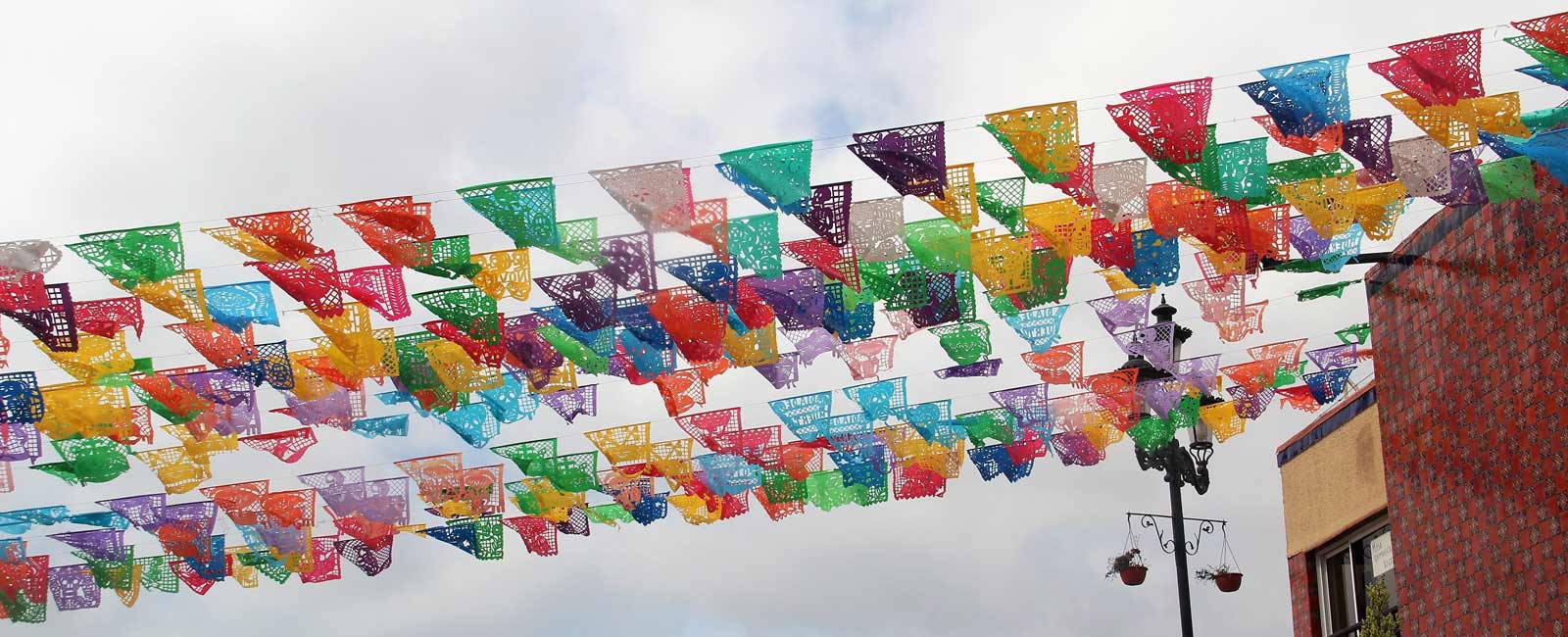
Saturday, September 21, 2013
SALTILLO, Miss. — Soon after he departed Vietnam in 1970, Specialist James Copeland received a letter from his Vietnamese girlfriend. She was pregnant, she wrote, and he was the father.
Vietnam Legacy: Finding G.I. Fathers, and Children Left Behind
He re-enlisted, hoping to be sent back. But the Army was drawing down and kept him stateside. By the time Saigon fell to the North Vietnamese in 1975, he had lost touch with the woman. He got a job at a plastics factory in northern Mississippi and raised a family. But a hard question lingered: did she really have his child?
“A lot of things we did in Vietnam I could put out of my mind,” said Mr. Copeland, 67. “But I couldn’t put that out.”
In 2011, Mr. Copeland decided to find the answer, acknowledging what many other veterans have denied, kept secret or tried to forget: that they left children behind in Vietnam.
Their stories are a forgotten legacy of a distant war. Yet for many veterans and their half-Vietnamese children, the need to find one another has become more urgent than ever. The veterans are hitting their mid-60s and early 70s, many of them retired or infirm and longing to salve the scars of an old war. And for many of the offspring, who have overcome at least some of the hurdles of immigration, the hunger to know their American roots has only grown stronger.
“I need to know where I come from,” said Trinh Tran, 46, a real estate agent in Houston who has searched in vain for her G.I. father. “I always feel that without him, I don’t exist.”
By some estimates, tens of thousands of American servicemen fathered children with Vietnamese women during that long war. Some of the children were a result of long-term relationships that would be unimaginable to the veterans of the wars in Iraq and Afghanistan, where interaction with local people was minimal. Others were born of one-night stands. But few of the fathers ever met their offspring, and fewer still brought them home to America.
After the war, those children — known as Amerasians — endured harsh discrimination and abject poverty in Vietnam, viewed as ugly reminders of an invading army. Shamed by reports of their horrible living conditions, Congress enacted legislation in 1987 giving Amerasians special immigration status. Since then, more than 21,000, accompanied by more than 55,000 relatives, have moved to the United States under the program, and several thousand more have come under other immigration policies.
Many arrived expecting to be reunited with their American fathers. But the United States government did not help in that cause, and only a tiny fraction — perhaps fewer than 5 percent — ever found them.
So many Amerasians continue to search, typically working with little more than badly translated names, half-forgotten memories and faded photographs.
And some veterans are doing the same, driven by heartache, or guilt, to find sons and daughters. “It’s like the mother who gives up their kid for adoption,” said George Pettitt of Wales Center, N.Y. “You just never stop thinking about it.”
Mr. Pettitt, 63, enlisted in the Army after dropping out of high school and was in Vietnam by age 19. During his year there, he developed a relationship with a Vietnamese woman who did laundry for soldiers. Soon she was pregnant.
“I was taking comfort in having a girlfriend like that,” he said. “I never meant for her to get pregnant.”
He returned home to western New York, lost touch with the woman, got a job driving trucks and raised a family. But when he retired for health reasons in 2000, he found himself haunted by memories of the child he left behind — a boy, he believes. He paid a man to look in Vietnam, but the trail went cold. This year, a woman in Virginia called to say she thought her husband might be his son. But a DNA test was negative.
“I was hoping this was it,” he said. “I just feel so guilty about all this.”
Yet against the odds and despite the many years, children and fathers sometimes find each other.
Cuong Luu was born in Vietnam, the child of an American soldier who met his mother when she cleaned his apartment. The soldier left Vietnam before Mr. Luu was born, and his mother lost contact with him. Soon after, she married an American who worked for the military. He moved the family to the Virgin Islands when Mr. Luu was a toddler.
Mr. Luu inherited many of his father’s features, and in the black neighborhood of St. Thomas where he grew up, he was taunted for being white. His mother also shunned him, he said, perhaps ashamed of the hard memories he evoked.
At the age of 9, he was in a home for delinquent boys. By 17, he was living on the street, selling marijuana and smoking crack. At 20, he was in prison for robbing a man at gunpoint. When he got out, his half sister took him to Baltimore, where he resumed selling drugs.
But then he had a daughter with a girlfriend, and something inside him changed. “I worried I would just go to jail and never see her,” he said of his daughter, Cara, who is 4.
Long plagued by questions about his identity, he decided he needed to find his biological father to set his life straight. “I wanted to feel more whole,” said Mr. Luu, 41. “I just wanted to see him with my own two eyes.”
The quest became an obsession. Mr. Luu spent every night on his computer, hunting unsuccessfully until he realized he had spelled the name wrong: it was Jack Magee, not McGee.
He discovered references to a Jack Magee on a veterans’ Web site and, through Facebook, tracked down a man who had served in the same unit. “What do you want from Jack Magee?” the man asked. “I just want a father,” Mr. Luu replied. “Your dad wants to talk to you,” the man wrote back not long after.
Mr. Luu had his DNA tested, and it was a match. In November, Mr. Magee, a retired teacher from Southern California, visited Mr. Luu on his birthday. An awkward relationship, full of possibility but not untouched by resentment and wariness, was born.
Mr. Magee now calls his son weekly, checking to make sure he is still working in his job cleaning hospital rooms in Baltimore. He also shipped a used Toyota Corolla from California to Mr. Luu, who had been commuting by bus.
“I was stunned he was out there,” Mr. Magee, 75, said in an interview.
Now that he has found his father, Mr. Luu said, he feels stronger. But the discovery, he has realized, has not solved his problems. What can a former felon do to make a better living? Go to college? Start a business? Drug dealing remains a powerful temptation.
“I just wish I had met him before,” Mr. Luu said. “He could have taught me things.”
Brian Hjort, a Danish man who has helped Mr. Luu and other Vietnamese track down their fathers, says Amerasians often have unrealistically high expectations for reunions with fathers, hoping they will heal deep emotional wounds. But the veterans they meet are often infirm or struggling economically. Sometimes the relationships are emotionally unfulfilling.
“I try to tell them: I can’t guarantee love,” Mr. Hjort said. “I can only try to find your father.”
Mr. Hjort, 42, is among a small coterie of self-trained experts who have helped Amerasians track down fathers, mostly pro bono. An industrial painter from Copenhagen, he first met Amerasians while traveling through Vietnam and the Philippines two decades ago and was struck by their desperate poverty.
One asked him to find a friend’s father, and to his amazement he tracked the man down even though he had no knowledge of military records. News of Mr. Hjort’s success traveled rapidly through Amerasian circles, and he was soon besieged with pleas for help. Moved by the Amerasians’ suffering, he took on more cases, charging only the cost of his trips to Vietnam. He created a Web site, fatherfounded.org, that brought more requests than he could handle.
Working in his spare time, he has found scores of fathers, he estimates. Some had died, and many others hung up on him. A few have threatened to sue him. But perhaps two dozen have accepted their children. And in recent years, veterans, too, have begun asking for help. James Copeland was one.
In 2011, Mr. Copeland, by then retired, began reading about Amerasians’ miserable lives in Vietnam. Appalled, he decided to search for his own child.
He found Mr. Hjort and sent him money to visit Vietnam. Armed with a few names and a crude map, Mr. Hjort found the village where Mr. Copeland had been based and tracked down the brother of an Amerasian woman who was living in America and who Mr. Hjort believed was Mr. Copeland’s daughter.
Mr. Hjort sent a photograph of the woman and her mother to Mr. Copeland, and his heart jumped: he instantly recognized the mother as his old girlfriend. His hands were shaking with excitement as he dialed the daughter’s number and asked: “Is this Tiffany Nguyen?”
In the coming days, he visited her, her mother and her three brothers in Reading, Pa., where she runs a nail salon at the Walmart. Ms. Nguyen and her three children spent Thanksgiving 2011 with him in Mississippi. For a time, they talked nightly, and she told him about how her mother had protected her from abuse in Vietnam, about their struggles to adapt to the United States, about how she had studied older men at the Walmart, wondering if one of them was her father.
“There were a lot of years to cover,” Mr. Copeland said. “I can sleep a lot better now.”
But the reunion has also brought him unexpected heartache. His wife became furious when she discovered that he had a Vietnamese daughter, and she demanded that he not visit her. He refused: Ms. Nguyen is his only biological child. After 37 years of marriage, he and his wife are separated and considering divorce, he said. His wife did not respond to efforts to reach her for comment.
Mr. Copeland now helps Mr. Hjort contact veterans they believe are fathers of Amerasians. In his patient drawl, Mr. Copeland calmly tells them his story and urges them to confront the possibility that they, like him, have Vietnamese children.
But if they dodge his calls or hang up, he continues to leave messages — with children, with spouses, on answering machines. They need to know, he said.
“Some people, they just want to move on and forget it,” he said. “I don’t see how they can do it. But there’s a lot of them that I’m sure that’s the case. They just want to forget.”
By JAMES DAO
Published: September 15, 2013
Live Learn Travel,Vietnam War,War
